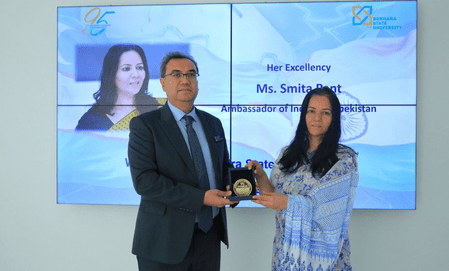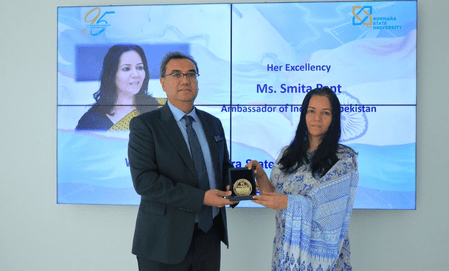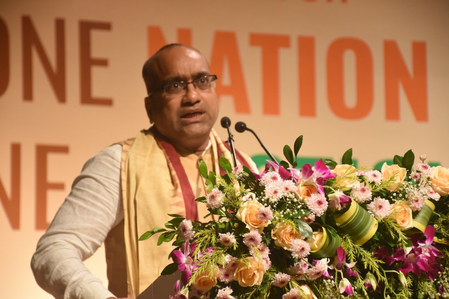
Panama City, May 21 (H.S.): Simon Stiell, the Executive Secretary of the United Nations Framework Convention on Climate Change, said at the Nature Summit 2025 that amid the current global economic uncertainty, trade wars, and geopolitical changes, it is now time for countries to renew their National Climate Plans (NDCs) and link them to economic development.
NDC (Nationally Determined Contribution) refers to the targets, policies, and measures set by a country to address climate change. So far, 178 of the 195 member countries of the UN Framework Convention on Climate Change (UNFCCC) are preparing to present their new plans in preparation for COP30.
Stiel stated that we now need plans that not only reduce emissions but also promote new industries, create job opportunities, and ensure a better future for people while protecting nature. He also warned that if immediate action is not taken against the climate crisis, the economic and humanitarian costs will be significantly higher.
At the conference, Stiel mentioned the Panama Canal, noting that a drop in water levels has slowed the movement of cargo ships, affecting global trade. This has a direct impact on the pocket of ordinary people, with rising costs, disrupted supply chains, and even delays in the delivery of life-saving medicines in certain areas. He said, “Drought and water crisis are no longer just environmental issues; they have become economic and humanitarian disasters.”
Stiel emphasized that climate policy should be viewed as a tool for trade and investment. This would send clear signals to governments, markets, and investors that they should make serious investments for a sustainable future. He added that “climate plans should now be viewed not as a separate issue, but as the center of economic reconstruction. If we want to benefit from a $2 trillion clean energy market, the active participation of governments, the private sector, and ordinary citizens is essential.”
The Panama Canal is also critically important for India from a trade perspective, as it represents the shortest sea route connecting India with the USA, Europe, and the Pacific region. This provides a competitive edge for Indian exports; however, the deteriorating condition of the canal poses a threat to Indian industries and supply chains. India’s current NDC aims to derive 50% of electricity generation from non-fossil sources by 2030 and to reduce emission intensity by 45% compared to 2005 levels.
Hindusthan Samachar / Jun Sarkar




